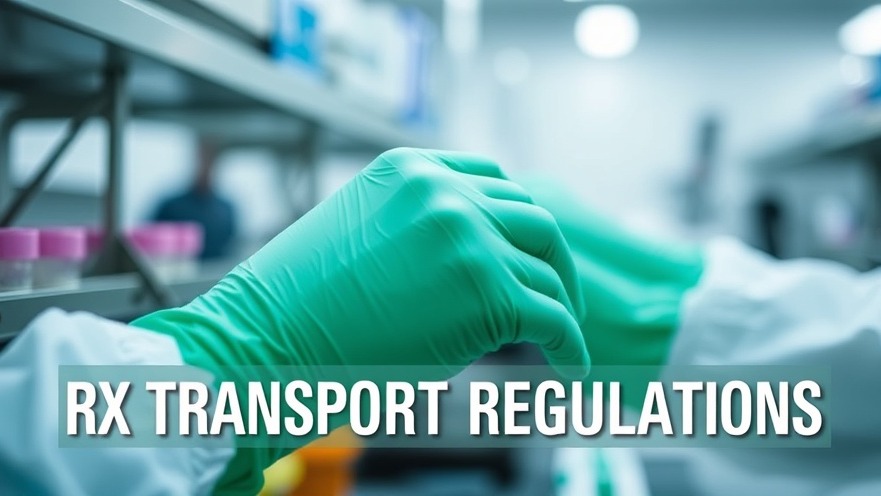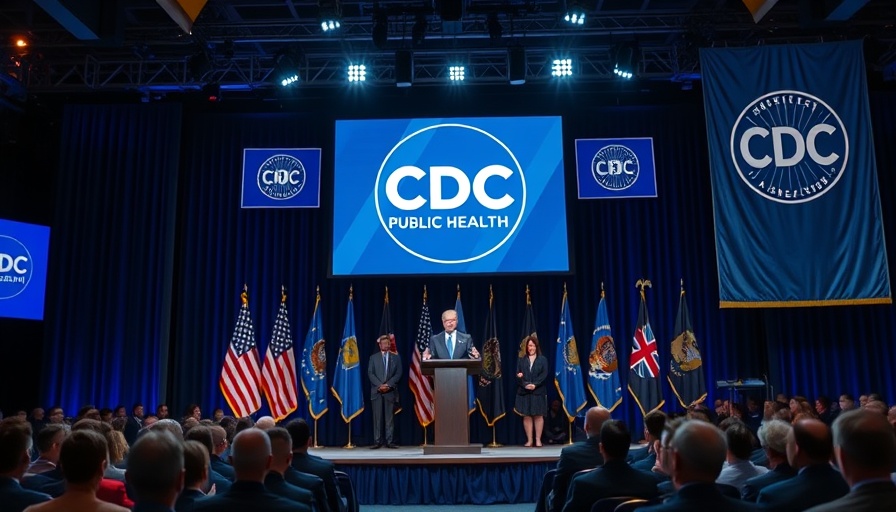
Understanding Cervical Cancer Screening: A Vital Check-Up
Cervical cancer screening is an essential health service that can save lives. It involves checking for precancerous changes in cervical cells before they develop into cancer. Women aged between 21 and 65 are advised to undergo regular screenings, which can include Pap tests and HPV tests, depending on age and health history. The significance of these tests cannot be overstated, as they play a critical role in reducing the incidence and mortality rates of cervical cancer.
In 'Get Ready with Me: Cervical Cancer Screening,' the discussion dives into the necessity of cervical cancer screening, exploring key insights that sparked deeper analysis on our end.
The Importance of Early Detection
Early detection of cervical changes allows for timely intervention. The majority of cervical cancers are preventable with appropriate screening and follow-up. While many women may feel anxiety surrounding these screenings, healthcare professionals can help ease this through education. Knowledge is power; understanding the procedure and its necessity can alleviate fears and encourage participation.
Emotional and Human Perspectives on Cervical Cancer
It is not just about the medical procedure; screening can evoke various emotions. Women often feel apprehensive, embarrassed, or anxious about cervical cancer screenings. Sharing personal stories about experiences can foster a stronger connection between patients and healthcare providers. An empathetic approach can encourage discussions about women’s health, breaking the stigma surrounding these important exams.
Utilizing Technology in Screening Programs
With the rise of digital health innovations, cervical cancer screening has adapted to include more accessible options. Telehealth appointments and mobile health applications provide platforms for both scheduling visits and accessing educational resources. Healthcare professionals can leverage these technologies to reach a broader audience, ensuring that women who may have previously felt uncomfortable receiving a screening can do so in a more familiar environment.
Campaigns and Outreach Efforts
Community outreach and health drives focusing on cervical cancer are crucial. They not only increase awareness but also provide women with resources and support. Health campaigns can enlist local champions to share their own experiences and advice, thereby inspiring others to take charge of their health. Creating a supportive environment plays a fundamental role in encouraging women to prioritize regular screenings.
 Add
Add  Add Row
Add Row 




Write A Comment